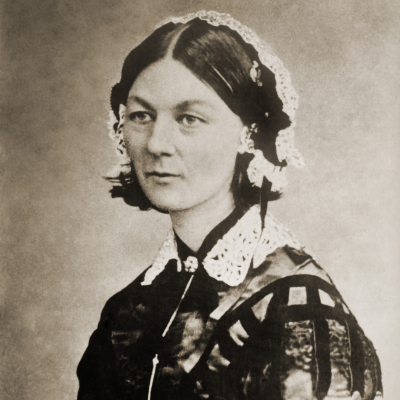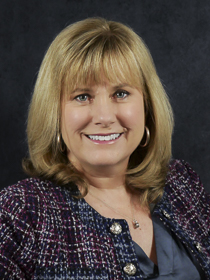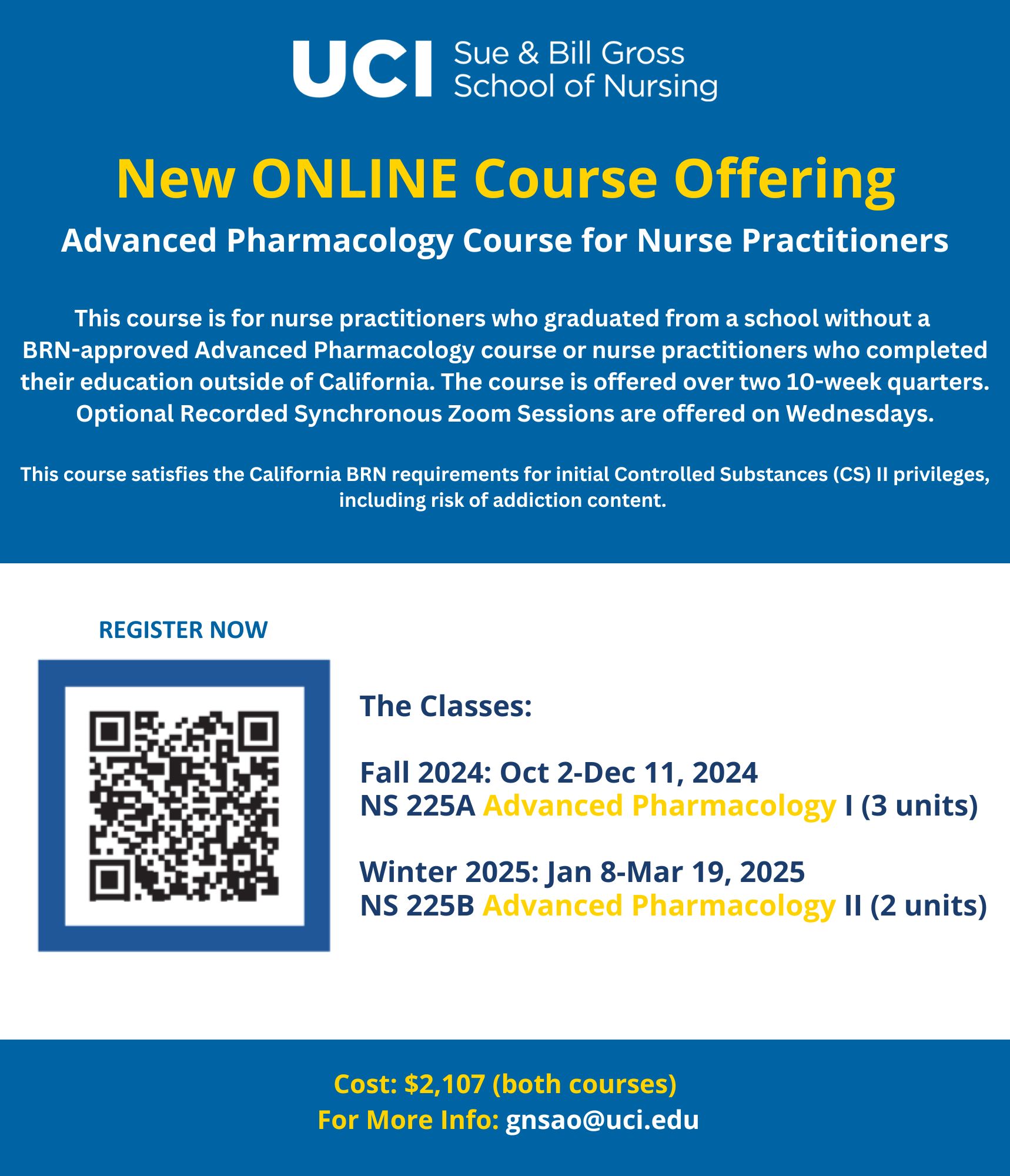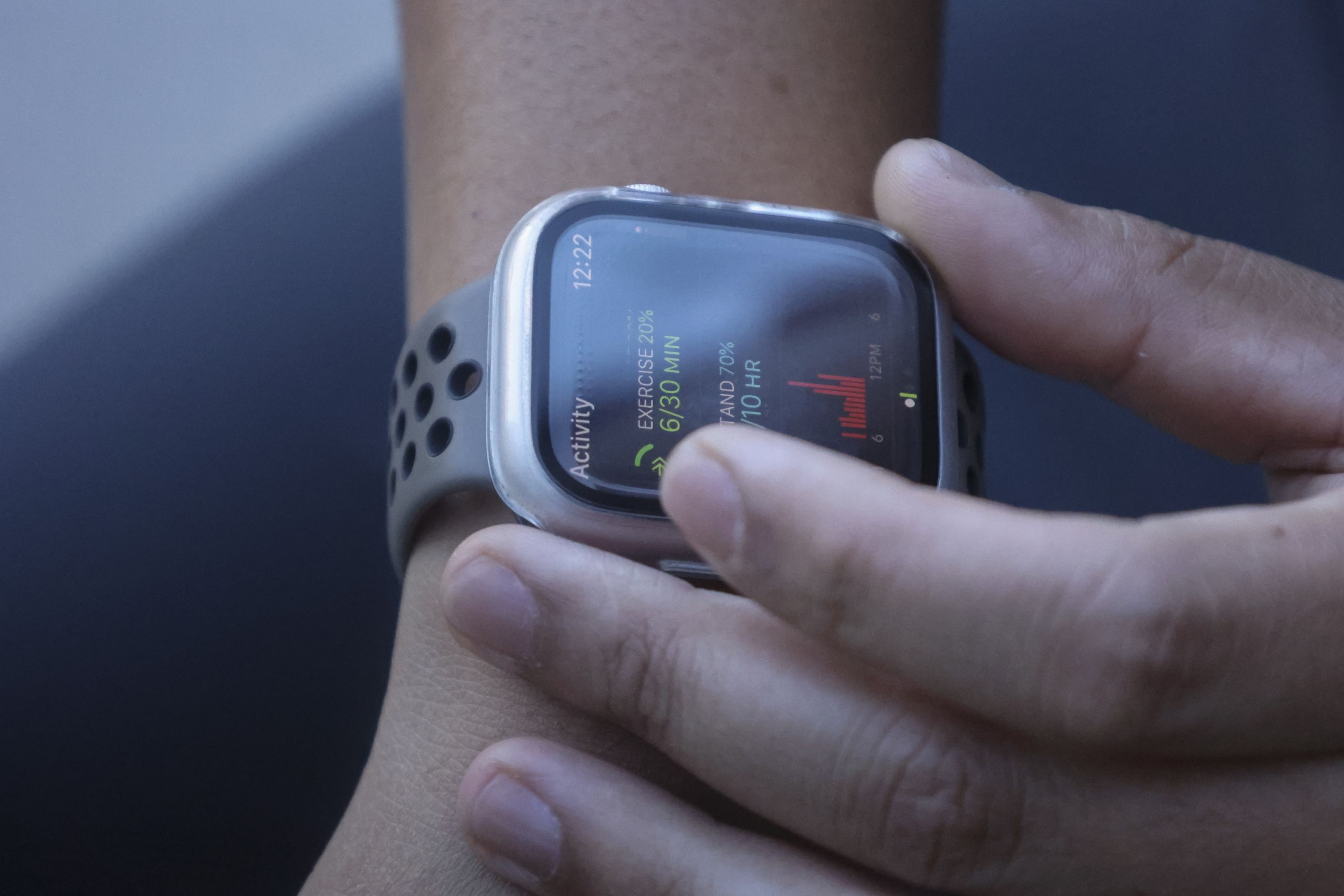
By Mark Lazenby
Dean and Professor, UCI Sue & Bill Gross School of Nursing
Nurses have bad days like everyone else. I can certainly recall moments when, working on the wards with aching feet and too many crises happening at once, I felt overwhelmed by my job. It’s little wonder that there are times, as a nurse, when your dreams of making a difference can feel like an illusion.
Yet nurses do make a difference, everywhere and every day, to vulnerable people all over the world. This is why nursing is often — I believe rightly — considered a vocation. In the words of American writer Frederick Buechner, a vocation is, “the kind of work (a) that you need most to do and (b) that the world needs most to have done.”
On bad days as well as good, nurses feel compelled to care for the vulnerable, and the world undeniably needs their care. In this year’s annual Leider Lecture on Compassion, I discuss the most universal yet intimate difference that nurses make through their care: that of bringing compassion to people who are suffering — suffering, which is an inevitable aspect of being human.
This in itself is good enough reason to celebrate 12th May, the date of Florence Nightingale’s birth and, since 1974, designated International Day of the Nurse.
But the International Day of the Nurse is more than a celebration. It is, in keeping with the Lady of the Lamp whose birthdate it commemorates, a spotlight that shines on the work that nurses do. On this day, May 12, the world must contemplate its most vulnerable, and acknowledge how much work there is still to be done to reduce their vulnerability. Nurses make vulnerable people visible, for our work is inextricable from the lives of those for we care for.
In this issue of our newsletter, you will read how the research of nurse leaders at the Sue & Bill Gross School of Nursing is shining a light on the plight of some of our most vulnerable populations.
Nakia Best’s pioneering studies of school nursing reveal the importance of that role in helping children attain their best, while Alexandria Jones-Patten is devoting her career to researching heart health in underserved communities. We highlight Dana Rose Garfin’s work on the extreme vulnerability of essential workers in sectors other than health care during the Covid pandemic.
Looking to the future, the School’s expanded Masters program provides more opportunities for people, often from first careers other than nursing, who are seeking to respond to the vulnerabilities they see around them. They are following their vocation.
On the International Day of the Nurse, we celebrate them all, and acknowledge just how much the world needs the work they do.




Leave A Comment